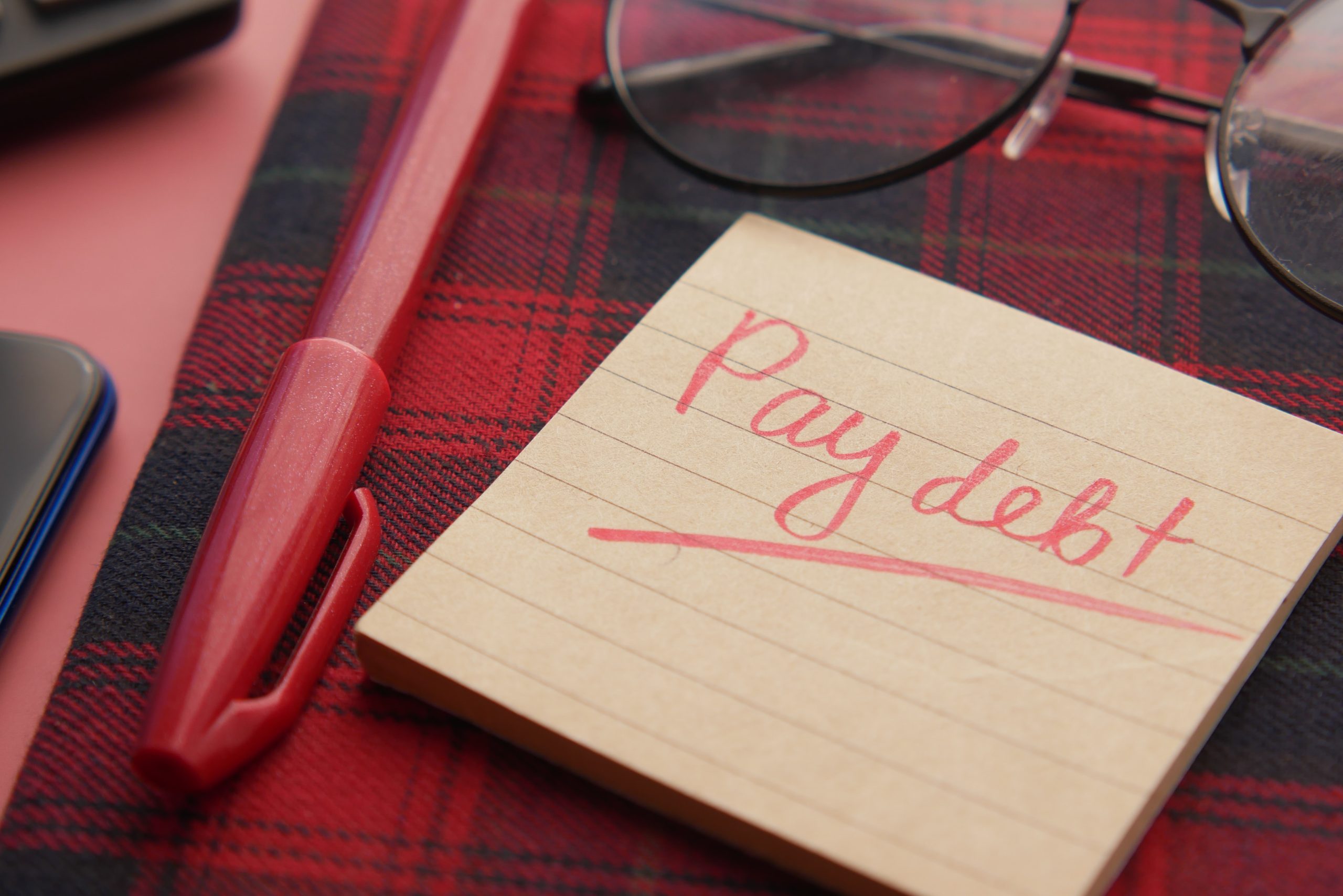5 Tips For Reducing Debt And Savvy Spending

No one likes being in debt. It’s a burden that weighs you down emotionally and financially. If you’re looking for ways to reduce your debt, you’re in luck. Check out these five tips for reducing debt and spending smart.
1. Make a budget and stick to it.
The first step to getting your finances under control is creating a budget. Determine how much money you need to cover your essential expenses and then see what’s left over. Once you have an idea of your monthly discretionary income, you can start allocating funds to different categories like savings, debt repayment, and fun money. Be sure to review your budget regularly and make adjustments as necessary.
2. Live below your means.
One of the best ways to reduce debt is to live below your means. This means spending less money than you make each month. One way to do this is to cut back on unnecessary expenses like eating out, shopping, and entertainment. Another way to live below your means is to find ways to increase your income such as picking up a side hustle or asking for a raise at work.
3. Attack your debt with a vengeance.
Once you have a handle on your monthly budget, it’s time to start paying off your debt. Begin by making the minimum payment on all of your debts except for the one with the highest interest rate. Then, put as much extra money as possible towards the debt with the highest interest rate until it’s paid off. Once that debt is gone, move on to the next highest interest rate debt and so on until all of your debts are paid in full.
4. Stop using credit cards.
If you’re serious about getting out of debt, then you need to stop using credit cards altogether. This may mean cutting up your cards or hiding them away so you’re not tempted to use them when unexpected expenses come up. If you absolutely must use a credit card, be sure to pay off the balance in full each month so you’re not accruing any additional interest charges.
5. Build up an emergency fund .
One of the best ways to avoid going into debt is to have an emergency fund in place for unexpected expenses like car repairs or medical bills. Aim to save enough money to cover 3-6 months’ worth of living expenses so you know you have a cushion when tough times hit. Review your budget regularly and automatically transfer any surplus funds into savings so you can reach your goal as quickly as possible.
Debt can be a real drag but there are ways to get yourself out of it! By following these five tips — making a budget, living below your means, attacking your debt head-on, ditching credit cards, and building up an emergency fund — you can get yourself out of the red and into the black in no time flat! So what are you waiting for? Get started today!